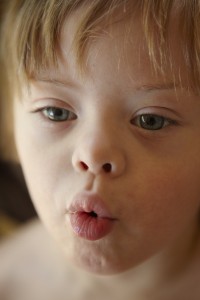A is for Apraxia. On Monday, we took at look at Apraxia of Speech in children. Specifically, we outlined the types of apraxia of speech and related symptoms. The most common type of apraxia of speech in children is developmental, which means it is a neurologically based speech disorder. While some children with Developmental Apraxia of Speech (DAS) had specific prenatal or birth injuries, for the most part, there is no specific cause of DAS. This month, we will plan to take a look into the subject of Apraxia of Speech in children in more depth.
Apraxia of Speech in Children – What You Need to Know
Language Development News Parents' Corner School Speech delay Speech Disorders Speech Therapist Speech Therapy TechniquesWhat is Apraxia of Speech in Children? With apraxia of speech, a person finds it difficult or impossible to move his or her mouth and tongue to speak. This happens, even though the person has the desire to speak and the mouth and tongue muscles are physically able to form words. Childhood apraxia of speech (CAS) is a motor speech disorder, where the child has a problem saying sounds, syllables and words. She knows what she wants to say, but her brain has difficulty coordinating the muscle movements necessary to say those words.
Treatment for Apraxia
Speech Therapy TechniquesFor a parent of a kid with childhood apraxia of speech (CAS), it can be difficult to see the forest for the trees. There are countless occupational therapy and speech therapy sessions to rush off to for treatment for apraxia. There are IFSPs and IEPs to deal with, and a whole host of other acronyms to learn. And when your child has trouble pronouncing two-syllable words, it can be difficult to imagine him as an adult. Will he go to college? Will he have a career? These are overwhelming questions. Although speech therapy progress may seem slow at times, children with apraxia who receive intensive speech therapy at an early age often grow up to do remarkably well. Your child may even grow up to become a keynote speaker at childhood apraxia of speech conferences. In the meantime, work closely with your little one’s speech-language pathologist (SLP) and other professionals to develop the right treatment for apraxia to suit his needs.



